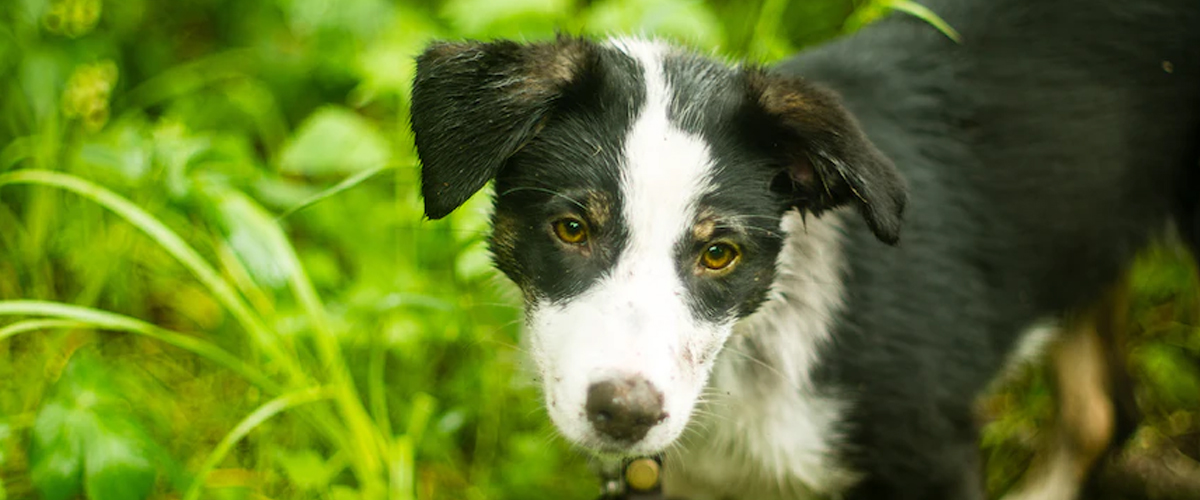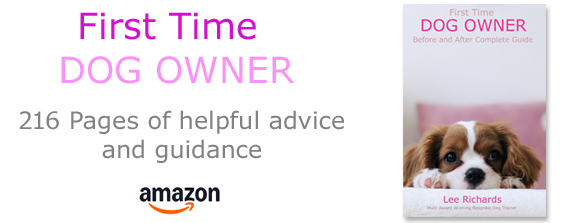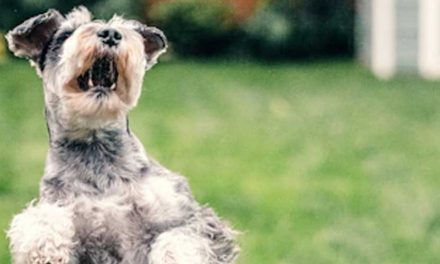Digging can seem like a harmless manifestation of your furry friend’s natural instincts, but when it turns into obsessive behavior, it’s something that can’t be ignored.
A garden full of holes isn’t just unsightly; it can also be hazardous for both humans and pets.
DIGGING OBSESSION
Understanding the reasons behind your dog’s excessive digging is crucial in finding an effective solution.
There might be several factors at play, from boredom and excess energy, to hunting instincts or even anxiety.
The most prevalent cause of digging is often boredom or excess energy.
Dogs are active, intelligent creatures that need physical and mental stimulation.
If they’re not getting enough of either, they may resort to digging as a way to keep themselves entertained or burn off excess energy.
Regular walks, playtime, and cognitive toys can go a long way in curtailing this behavior.
SCENT
If you notice your dog sniffing around a particular area before digging, they might be acting on their hunting instincts.
Many breeds have a strong instinct to dig for prey, like moles or ground squirrels. In such cases, humane pest control may be the best solution.
ANXIETY
Dogs suffering from separation anxiety might dig in an attempt to escape and find their owners.
Anxiety-related digging is often accompanied by other signs of distress, such as excessive barking or pacing.
If your dog’s digging is triggered by anxiety, professional help from a vet or a dog behaviorist is often necessary.
POSSIBLE SOLUTION
One of the most effective ways to stop your dog’s obsessive digging is to provide them with their own digging spot.
A sandbox or a designated area in your garden can serve as an outlet for their digging urges.
You can encourage your dog to dig there by burying toys or treats for them to find.
This way, your dog’s digging can be controlled and confined to a specific area.
DOG TRAINING SOLUTIONS
Training can also be effective.
Using a firm, but caring, tone, say “No” when you catch your dog in the act of digging.
Then distract them with a game or a toy.
It’s important to remember that scolding or punishment after the fact won’t help, as your dog won’t connect the punishment with something they’ve done in the past.
In addition you may wish to gain further training insight into direct training techniques which will work with your dogs breed and personality.
IN CONCLUSION
Digging is a natural canine behavior, but when it becomes obsessive, it’s a sign that something is off balance in your dog’s life.
By understanding the cause of your dog’s digging and taking the appropriate steps to address it, you can turn an exasperating problem into an opportunity for increased understanding and bonding between you and your furry friend.
Remember, patience and consistency are key in resolving this behavior.









